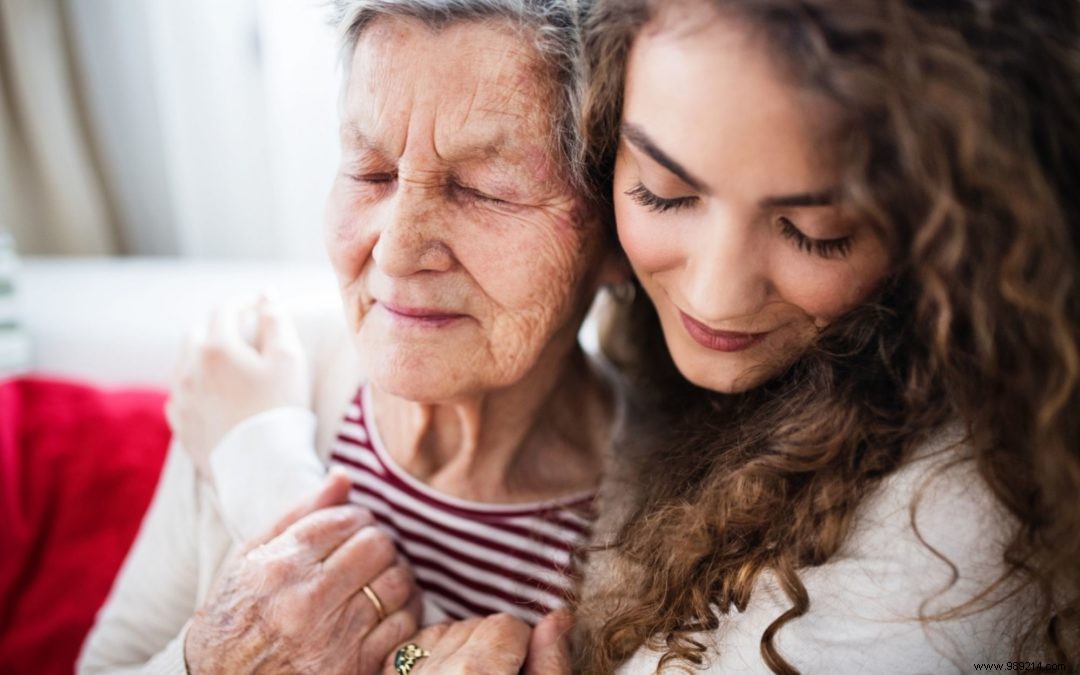
According to an IPSOS survey, more than 11 million caregivers in France provided generous support to loved ones in fragile situations in 2020—nearly 30% of adults over 18. While this commitment is truly admirable, it carries significant impacts on caregivers' lives. Discover what this role involves and how to embrace it with confidence.
Whether called a family caregiver, natural caregiver, or simply caregiver, these terms describe the vital role of supporting a loved one through illness or hardship. Article L113-1-3 of the French Code of Social Action and Families defines a caregiver as any person who regularly helps a loved one in a fragile situation with daily tasks, maintaining a close emotional bond. The 2015 Law on Adapting Society to Aging recognizes and supports caregivers through formal measures.
When dependency arises—due to lost physical or mental capacity for daily tasks—ongoing support becomes essential. The degree of autonomy loss is assessed via the AGGIR grid (Autonomie Gérontologique Groupe Iso-Ressources). In these cases, a caregiver steps in meaningfully.
This often stems from:
Limited resources for the person in need can force family members to reorganize their lives for daily assistance. Thus, becoming a caregiver isn't always a free choice—it prompts deep reflection on priorities.
Becoming a caregiver requires careful consideration, not impulse. Evaluate the full picture and anticipate impacts on your personal life. Whether full-time or a few hours weekly, expect changes like reduced free time, added responsibilities, or new worries. To organize effectively, discuss boundaries with your loved one. Clear rules ensure the role is sustainable and welcomed.
Ready to step up? Know your rights and aids to balance caregiving with life. Key government measures include:
Contact local resources like CLICs or your municipal CCAS (Communal Center for Social Action) for details.
October 6 marks France's National Caregivers Day for 12 years, honoring caregivers' dedication while highlighting challenges like stress, fatigue, isolation, and depression. Safeguarding caregivers' health ensures sustained, quality support for those with autonomy loss.
To help effectively, maintain your own well-being. Lean on friends or family—share feelings, fears, and doubts. Join support groups like the Bonjour Fred platform for open exchanges among caregivers. Local caregiver homes offer workshops, hotlines, or monthly coffee meetups.
Learn more: Join our April 6, 2022, videoconference led by a specialized psychologist, providing keys to support your loved one without compromising your health.